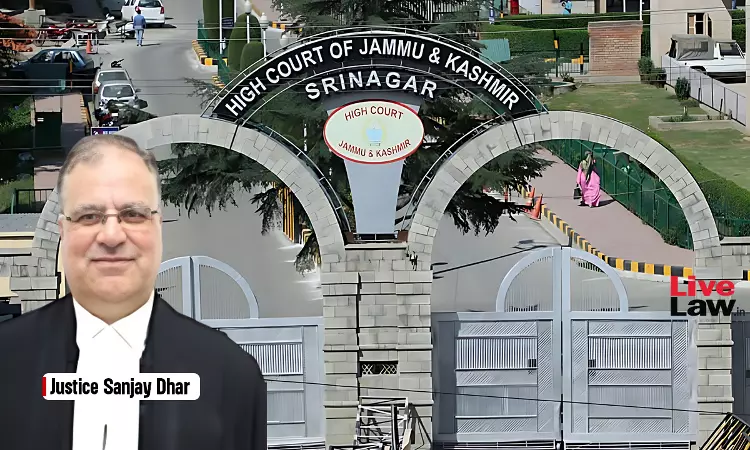The Jammu and Kashmir and Ladakh High Court has underscored that ocular witnesses are not expected to possess photographic memories capable of recalling every detail of an incident.The court has emphasised that minor contradictions and inconsistencies in witness testimonies should be disregarded if they do not affect the material aspects of the case. In upholding a conviction Justice Sanjay...

